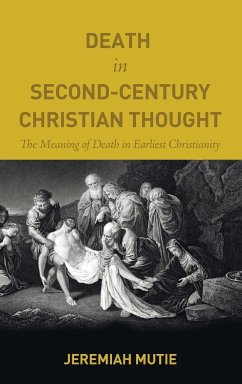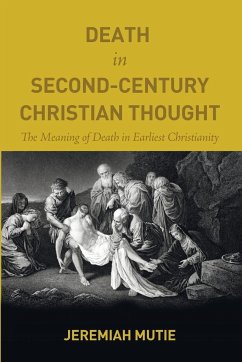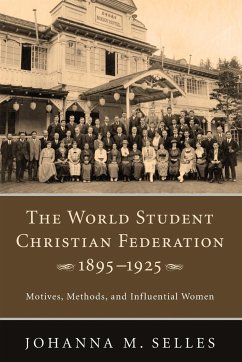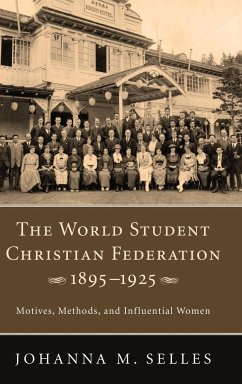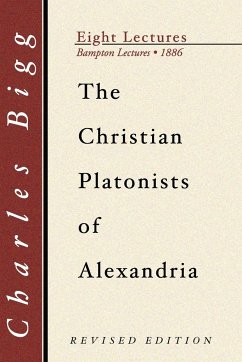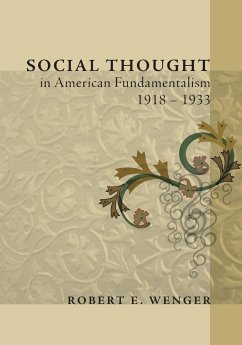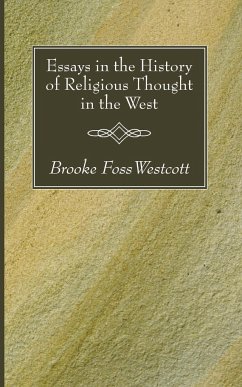Death in Second-Century Christian Thought explores how the meaning of death was conceptualized in this crucial period of the history of the church. Through an exploration of some key metaphors and other figures of speech that the early church used to talk about this interesting but difficult topic, the author argues that the early church selected, modified, and utilized existing views on the subject of death in order to offer a distinctively Christian view of death based on what they believed the word of God taught on the subject, particularly in light of the ongoing story of Jesus following his death-his burial and resurrection. In short, the book shows how Christians interacted with the views of death in late antiquity, coming up with their own distinctive view of death. ""Mutie argues that the way early Christians treated the bodies of deceased believers is evidence of their distinctly Christian view of the afterlife. He shows how the apostolic teaching and the culture impacted and informed the apologists' theological understanding and practice. Although no longer living, the dead saints were still seen as part of the community of faith. These second-century Christians believed 'in the resurrection of the body and the life everlasting.'"" --Glenn R. Kreider, Professor of Theology, Dallas Theological Seminary, Dallas, TX ""Jeremiah Mutie's scholarly research places the reader into the thoughts and debates of the second-century Christian apologists as they wrestled with the Greco-Roman view of death in light of the new reality of Jesus's resurrection. His collection of source material alone is impressive. The work and analysis is a unique contribution to understanding that period of time. For those who like to go in depth it is a worthy read."" --Linda Marten, Associate Professor of Biblical Counseling, Dallas Theological Seminary, Dallas, TX Jeremiah Mutie has served as Adjunct Instructor of Religion at Liberty University School of Religion Online. Also he serves as Adjunct Professor of the History of Christian Thought at Beulah Heights University at Atlanta, GA. Dr. Mutie holds a ThM and PhD.from Dallas Theological Seminary.
Hinweis: Dieser Artikel kann nur an eine deutsche Lieferadresse ausgeliefert werden.
Hinweis: Dieser Artikel kann nur an eine deutsche Lieferadresse ausgeliefert werden.

